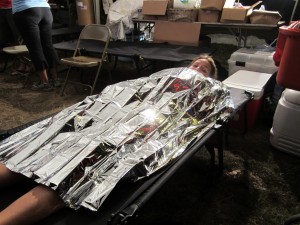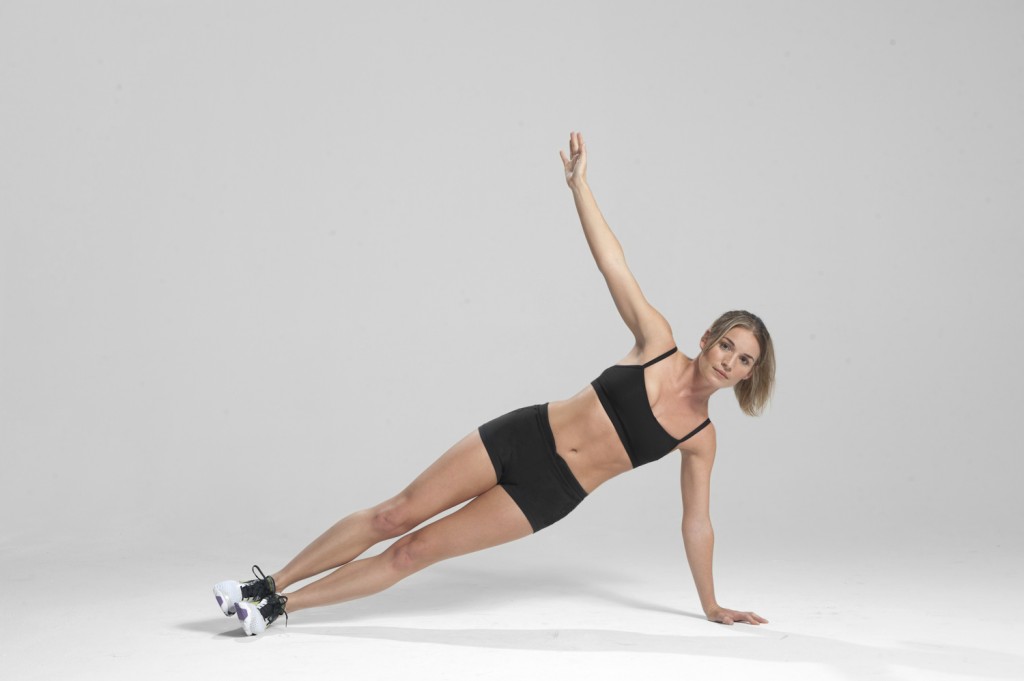If you are a runner, you’ve probably been asked this a thousand times: Isn’t running bad for your knees?
And if you’re not a runner, perhaps that’s your belief or assumption. In general, the answer is no, running is not bad for your knees. That’s an old wives tale. In fact, I’d argue that it’s in fact good for your knees. However, we are all different. And so is running good for your knees? That depends. Here’s a NY Times article discussing why runners don’t tend to get arthritis in their knees.
Any highly repetitive activity can have consequences. Overuse is a common issue for many athletes – be it a basketball player jumping, a tennis player and their elbows, or a dancer and their hips. Doing something repetitive day after day, year after year can cause problems. However, when supplemented with other activities, done wisely, and with good genetics, running can keep humans active, agile, strong, and enjoying a sport they love way into their golden years. While I’d argue running isn’t bad for many of us, I’d also argue that many runners don’t supplement their running wisely or train in a smart manner.
Statistically, many runners overtrain or train with little purpose or guidance. Many runners also don’t respect their body’s need to recover and rest – be it rest days during the week, or taking some significant time off after completing a big goal race, like a marathon. In fact, I’d argue most runners are pretty stupid when it comes to their training choices. I’d be the first to admit I’ve made those mistakes and learned the hard way. Sometimes runners simply don’t know any better, or they have FOMO and cannot force themselves to take time off. I’d also argue that most runners don’t strength train or cross train enough. So a flawed training schedule or plan can lead to angry knees, hips, shins, feet, tendons – the list goes on. So if a non-runner asks the average runner about their injuries or knees, they may hear their opinion on knees and running validated.
It’s important to understand that body weight, shoes, form, and running surfaces can also be factors in how happy your joints are with your weekly miles. I’ve found many of my runners with a history in martial arts and track and field events like long jump tend to have issues with running and keeping their knees happy.
If you still aren’t buying the whole “running is good for my knees” concept, here are five expert opinions. For many of us, the benefits far outweigh the possible damage or consequences of running. Just remember that you only have one body, and you should run, train and race with the big picture in mind – active decades to come – not just your races on the calendar this year.





